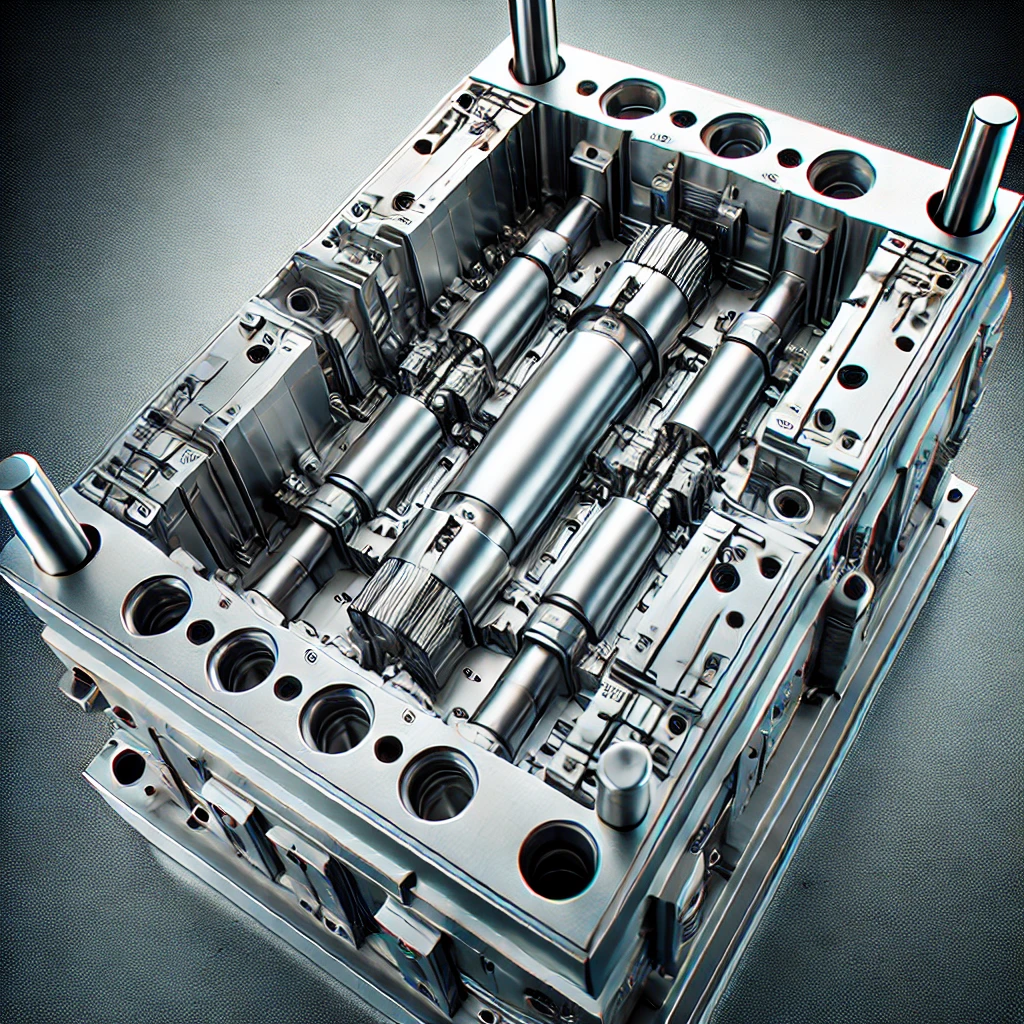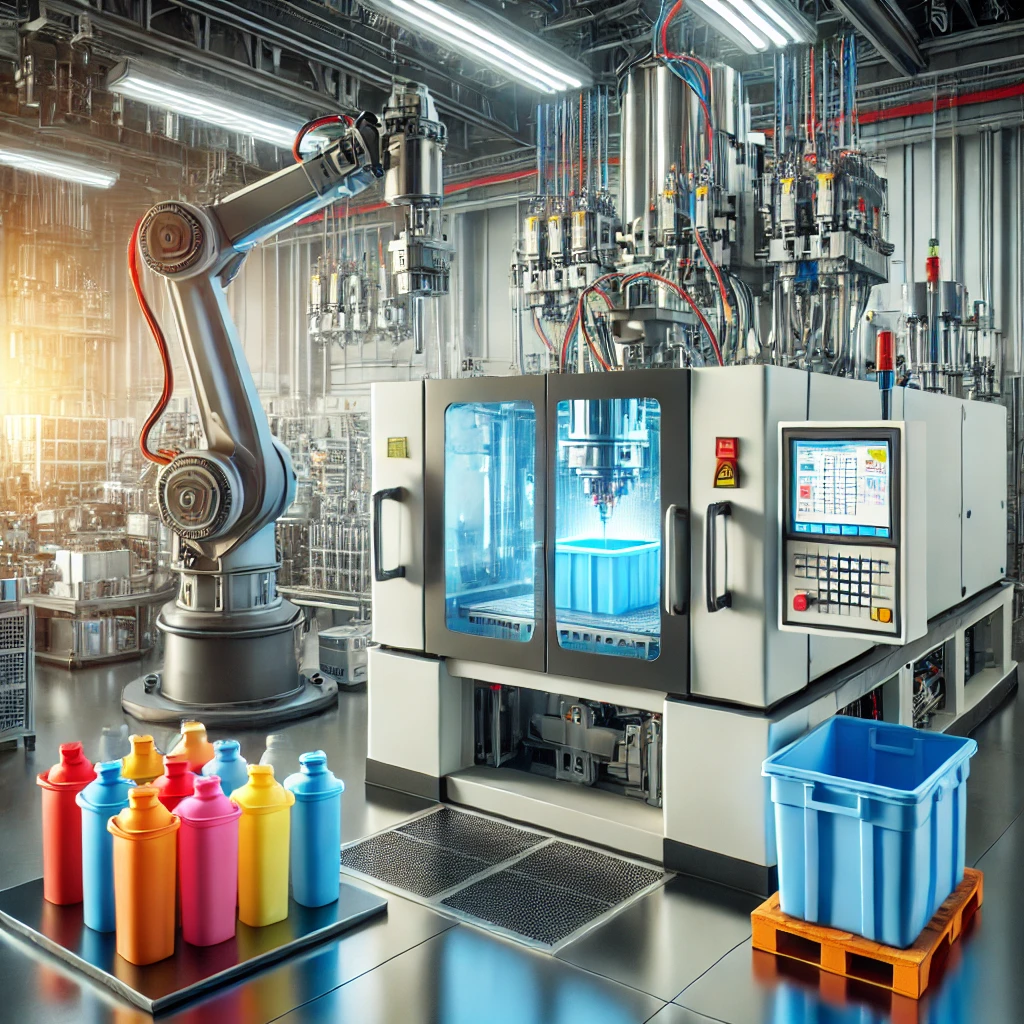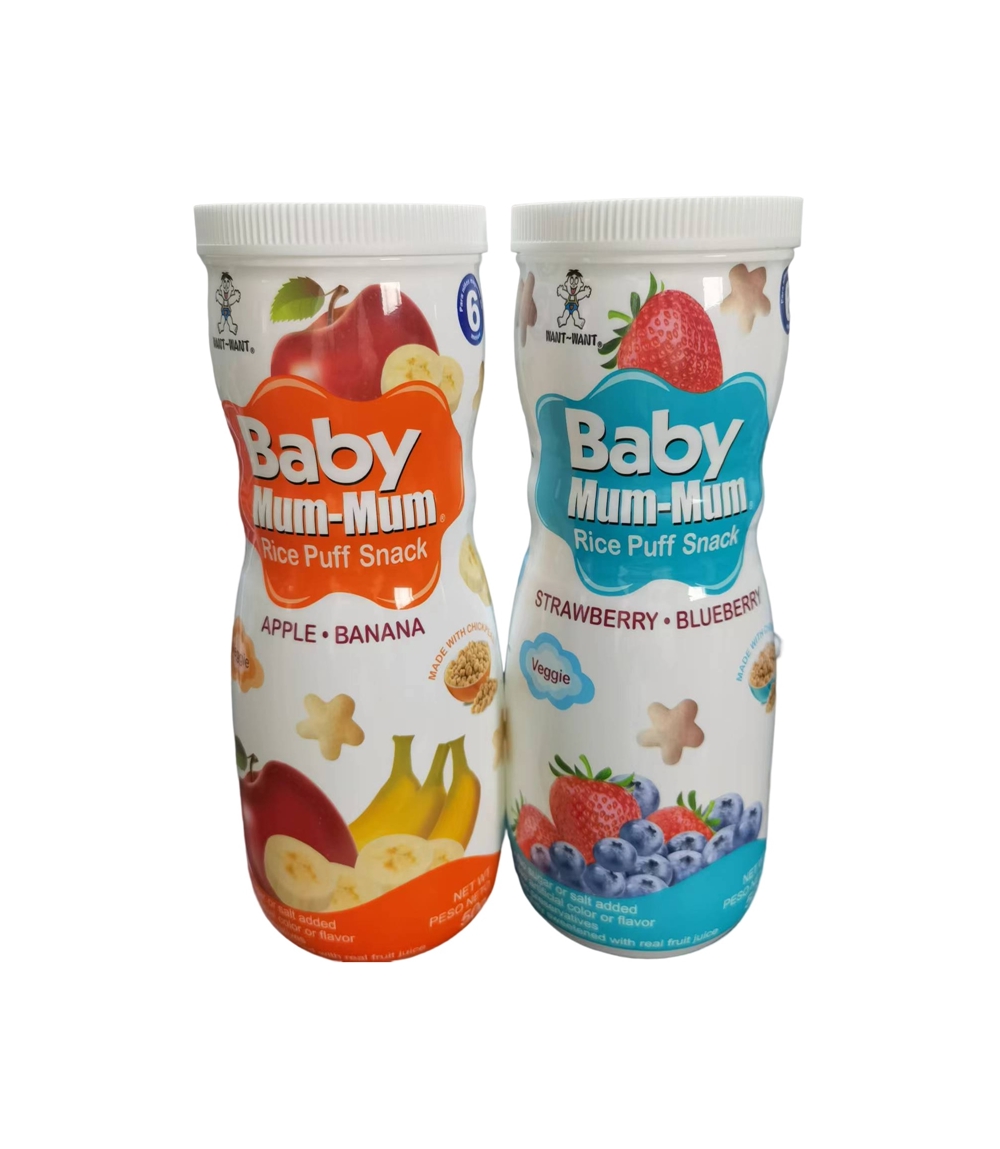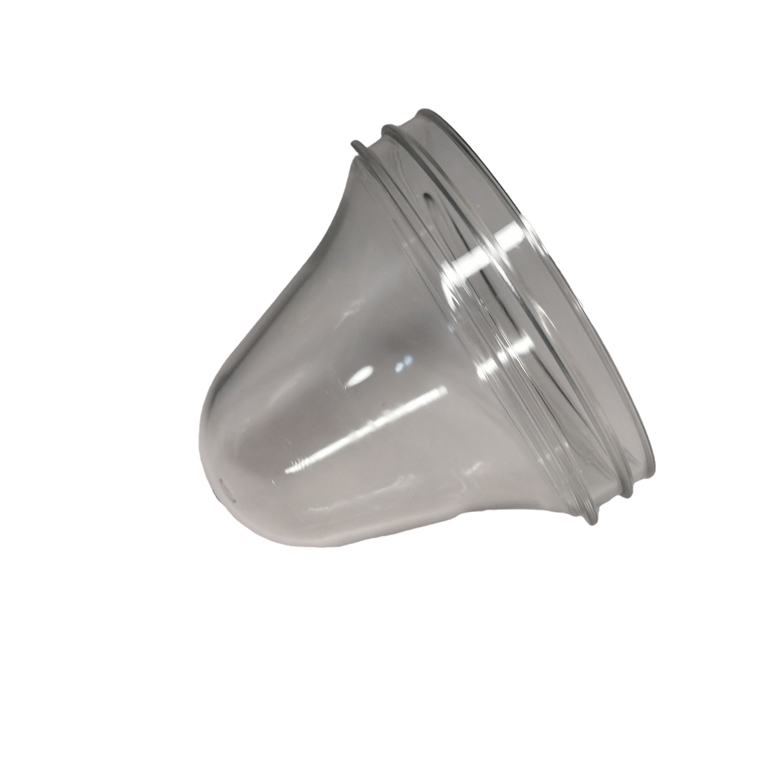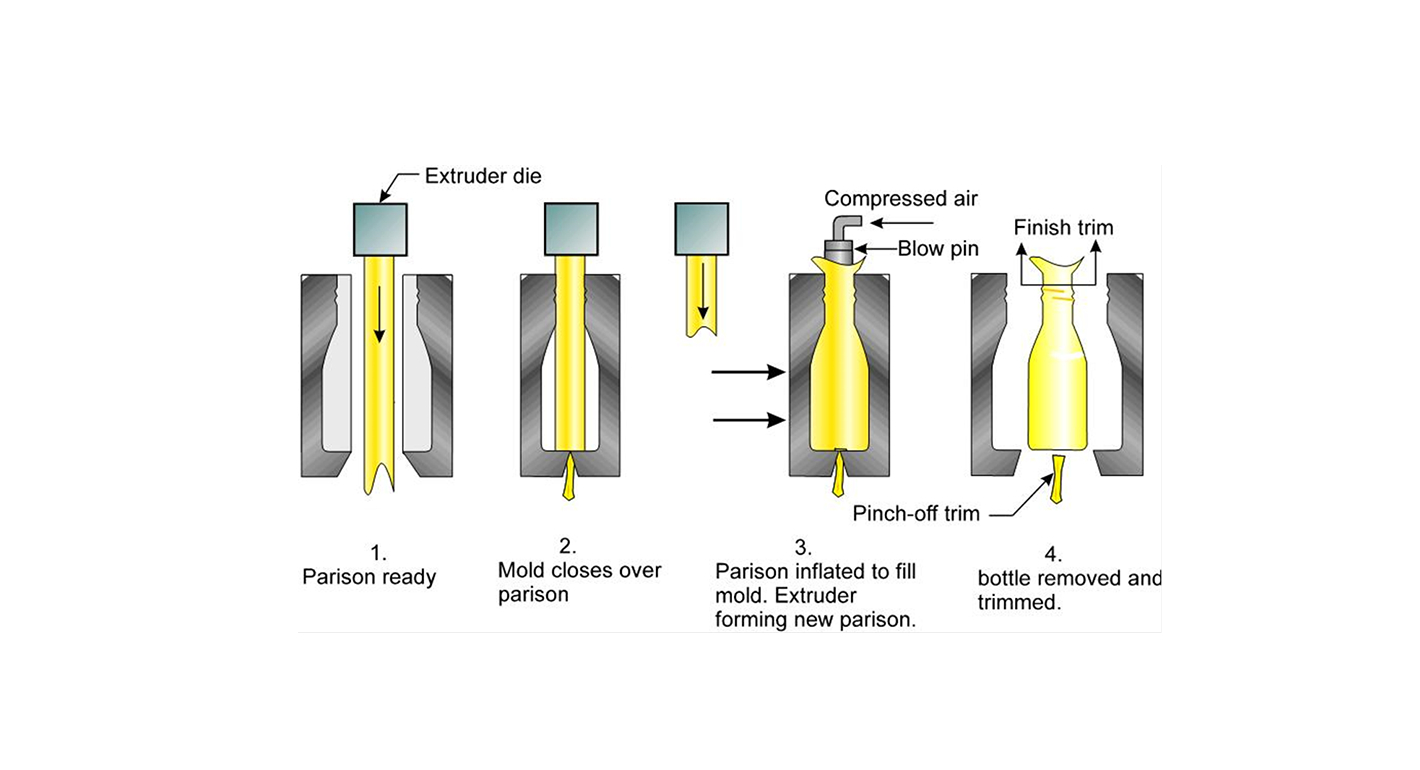In recent years, the field of mold making has witnessed remarkable technological advancements, revolutionizing manufacturing processes across various industries. This article explores the latest trends in mold making technology, from innovative materials to cutting-edge techniques.
I. 3D Printing in Mold Making
3D printing has emerged as a game-changer in mold making, offering unprecedented precision and efficiency. Manufacturers now leverage additive manufacturing techniques to create intricate mold designs with minimal waste. This technology enables the production of complex geometries that were once challenging to achieve using traditional methods.
II. High-Temperature Resistant Materials
As industries demand molds capable of withstanding higher temperatures, the development of high-temperature resistant materials has become a focal point. Advanced alloys and ceramics are gaining popularity, ensuring molds maintain structural integrity and functionality even in extreme operating conditions.
III. Digital Twin Technology
The integration of digital twin technology has streamlined the mold making process. By creating a virtual replica of the mold, manufacturers can conduct comprehensive simulations, identifying potential issues and optimizing designs before physical production. This reduces time and material wastage, enhancing overall efficiency.
IV. Artificial Intelligence in Mold Design
Artificial Intelligence (AI) is making waves in mold design, automating repetitive tasks and optimizing parameters for enhanced performance. AI algorithms analyze vast datasets to identify patterns, enabling the creation of molds that are not only efficient but also tailored to specific manufacturing requirements.
V. Multi-Material Molding
The demand for diverse and customized products has led to the rise of multi-material molding technologies. Manufacturers can now integrate different materials into a single mold, allowing for the creation of composite products with varying properties. This flexibility opens new possibilities in product design and functionality.
VI. Rapid Prototyping
Rapid prototyping techniques have gained popularity in mold making, allowing for quick and cost-effective production of prototype molds. This enables manufacturers to test and refine designs swiftly, reducing time-to-market for new products.
VII. Automation and Robotics
The integration of automation and robotics has enhanced the precision and speed of mold making processes. Automated systems can handle repetitive tasks, ensuring consistency and minimizing errors. This not only accelerates production but also improves overall product quality.
VIII. Sustainable Mold Making Practices
Sustainability is a key consideration in modern manufacturing, and mold making is no exception. Innovations in eco-friendly materials and processes are reducing the environmental impact of mold production. This includes the development of biodegradable mold materials and energy-efficient manufacturing methods.
The mold making industry is undergoing a profound transformation, driven by technological innovations that enhance efficiency, precision, and sustainability. From 3D printing to AI-driven design, these latest trends in mold making technology are shaping the future of the idustry, providing manufacturers with the tools they need to stay competitive in an ever-evolving landscape. As technology continues to advance, we can expect further breakthroughs that will redefine the possibilities in mold making.
VolksMolds is a seasoned expert in plastic mold making and product molding. Known for precision and innovation, VolksMolds consistently delivers high-quality solutions tailored to modern needs of packaging, household plastic appliances, and retail display tools.



